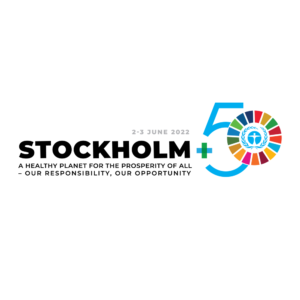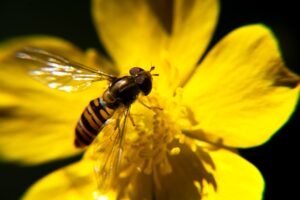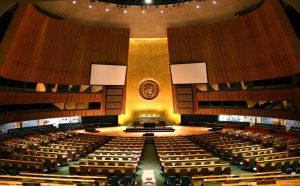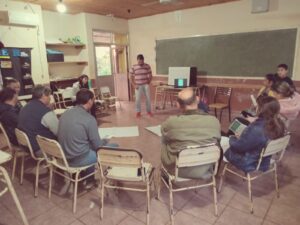Regeneration of natural and cultural ecosystems
Take care of ecosystems, take care of the planet.
The conservation of the natural environment and the regeneration of ecosystems are essential tasks to maintain the environmental balance and help mitigate the effects of climate change.
The human beings with their activity alter this balance by introducing or eliminating animal or plant species, destroying habitats, dumping polluting waste, significantly transforming the landscape, or modifying cultures.
The regeneration of an ecosystem is “the process of assisting the recovery of an ecosystem that has been degraded, damaged, or destroyed”
The objective of the restoration actions is to intervene in such a way that the regeneration process is accelerated and the stages of natural succession take place in a less prolonged way in time.
Restoring ecosystems means promoting the recovery of those ecosystems that have been degraded or destroyed, as well as conserving those that are still intact. Having healthier ecosystems, with richer biodiversity, provides greater benefits such as more fertile soils, greater availability of resources such as wood or fish, and greater reserves of greenhouse gases.
Interestingly, economists can calculate the monetary value that ecosystems provide for humanity.
By 2030, restoring 350 million hectares of degraded terrestrial and aquatic ecosystems could generate USD 9 trillion in ecosystem services.
The restoration could also remove 13 to 26 gigatons of greenhouse gases from the atmosphere. The economic benefits of these interventions exceed ten times the cost of investment, while the price of inaction is at least three times that of ecosystem restoration.
Source: decadeonrestoration.org
Alecrin annualreport biodiversity BiodiversityDay carbon credits climate change comunidades locales Consulta Pública Cooperativa Nueva Esperanza CPSI program cruce caballero ECOLOGY ENVIRONMENT environment crisis ESG Criteria FORESTS ForNature Free and Informed Prior Consultation gaia gaia theory global warming green cross uk gs1reserve Highlights localcommunity Metodología de investigación social native communities natural disasters nature news Patagonia PNUMA reforestation regeneration Relaciones con la comunidad reserva GS1 Responsabilidad social SDGs STATE OF EMERGENCY stockholm+50 sustainable investment UN UNEP voluntary carbon market woods on fire







